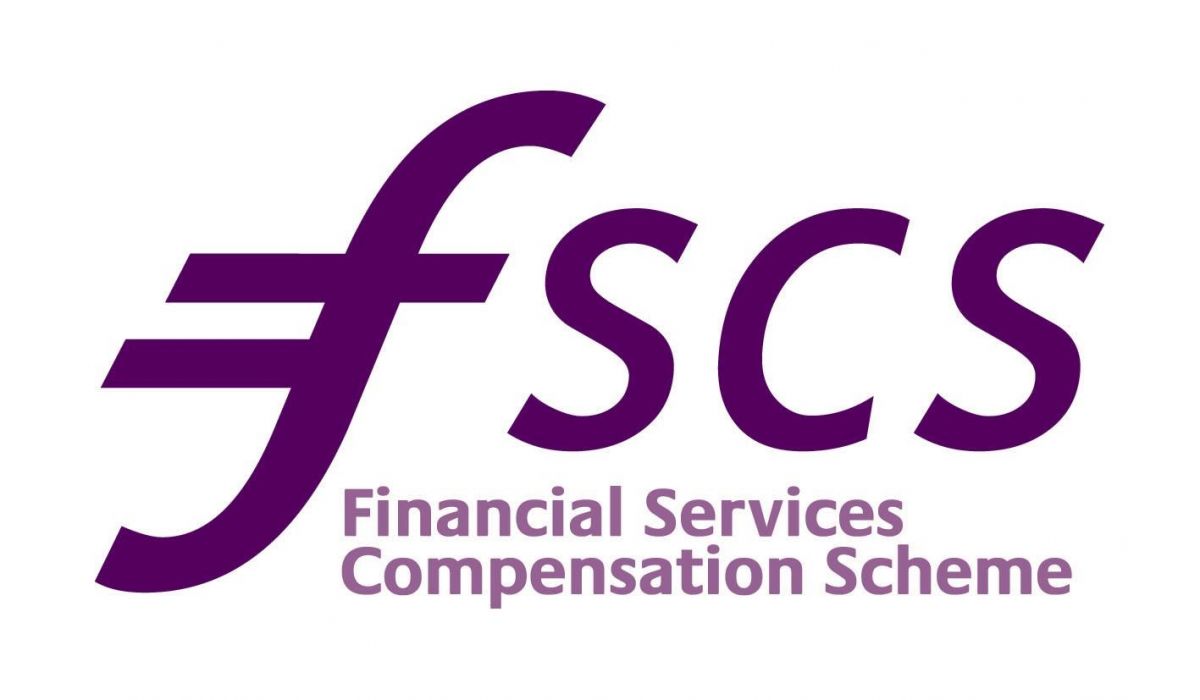The Financial Services Compensation Scheme (FSCS) has revealed it paid out £423m in compensation to customers during 2023/24.
This included £262m for the scheme’s claims service, which includes claims for investments, pensions and financial advice, as well as £160m for customers of failed insurers, and £1m for deposits held with failed credit unions.
The FSCS is the UK’s statutory compensation scheme that protects customers of authorised financial services firms that carry out certain regulated activities. It can pay compensation if an authorised firm is unable to pay back money it owes its customers in connection with a regulated activity.
Publishing its annual report and accounts and class statements, the FSCS outlined the work it had carried out during the past financial year. It revealed that £54m was recovered from failed firms, with approximately £52m used to offset FSCS levies for firms. The remaining £2m was passed on to customers whose losses were above FSCS compensation limits.
In total, the FSCS paid compensation to customers who had experienced losses from 447 different authorised financial services firms, including the 51 that were declared in default during 2023/24.
FSCS interim chief executive, Martyn Beauchamp, said that the FSCS had continued to adapt its service to handle “increasingly complex activity”.
“In 2019, 31% of our claims were what we would class as straight forward, for example for mis-sold payment-protection insurance (PPI),” he said. “That number is now approximately 5%.
“Meanwhile, the proportion of more complex claims, mainly linked to customers’ retirement savings, has increased from around a third to two-thirds.”
Beauchamp added: “In April we opened our in-house contact centre which puts customer conversations at the heart of our office. This is the beginning of a wider strategy to grow our in-house expertise so we can effectively manage the more complex claims that now make up most of our work.
“This shift towards more internal capability will strengthen our control over customers’ experiences while continuing to deliver cost-efficiencies for levy payers. We laid the foundations for this in 2023/24 and continue to make good progress.”
Latest News
-
Metro Bank hits record growth in corporate and commercial lending
-
Intermediary confidence softens slightly in Q4 – IMLA
-
Record flows drive Quilter’s AUMA to £141bn
-
8.6 million savings accounts exposed to tax
-
Mortgage lending rises 16% in 2025 – UK Finance
-
Nationwide doubles households who can benefit from 0% green home borrowing
Mortgage Advice Bureau and AI in the mortgage sector
Chief executive officer at Mortgage Advice Bureau, Peter Brodnicki, and founder and managing director at Heron Financial, Matt Coulson, joined content editor Dan McGrath to discuss how Mortgage Advice Bureau is using artificial intelligence to make advancements in the mortgage industry, the limitations of this technology and what 2026 will hold for the market
Perenna and the long-term fixed mortgage market

Content editor, Dan McGrath, spoke to head of product, proposition and distribution at Perenna, John Davison, to explore the long-term fixed mortgage market, the role that Perenna plays in this sector and the impact of the recent Autumn Budget
NEW BUILD IN FOCUS - NEW EPISODE OF THE MORTGAGE INSIDER PODCAST, OUT NOW

Figures from the National House-Building Council saw Q1 2025 register a 36% increase in new homes built across the UK compared with the same period last year, representing a striking development for the first-time buyer market. But with the higher cost of building, ongoing planning challenges and new and changing regulations, how sustainable is this growth? And what does it mean for brokers?
Does the North-South divide still exist in the UK housing market?

What do the most expensive parts of the country reveal about shifting demand? And why is the Manchester housing market now outperforming many southern counterparts?
In this episode of the Barclays Mortgage Insider Podcast, host Phil Spencer is joined by Lucian Cook, Head of Research at Savills, and Ross Jones, founder of Home Financial and Evolve Commercial Finance, to explore how regional trends are redefining the UK housing, mortgage and buy-to-let markets.
In this episode of the Barclays Mortgage Insider Podcast, host Phil Spencer is joined by Lucian Cook, Head of Research at Savills, and Ross Jones, founder of Home Financial and Evolve Commercial Finance, to explore how regional trends are redefining the UK housing, mortgage and buy-to-let markets.
© 2019 Perspective Publishing Privacy & Cookies









Recent Stories